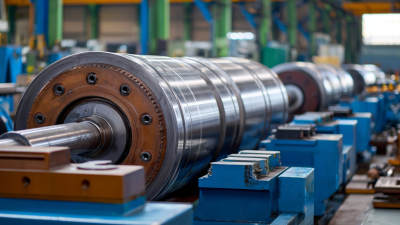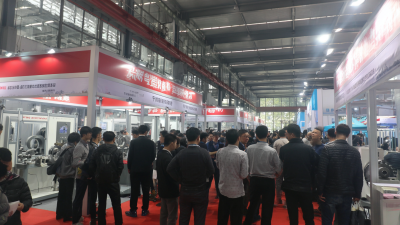Exploring the Advantages of Choosing a Reliable DIN Standard Bearings Supplier
In today's competitive manufacturing landscape, selecting a reliable DIN Standard Bearings Supplier is crucial for ensuring both product quality and operational efficiency. According to a report by MarketsandMarkets, the global bearings market is projected to reach USD 102 billion by 2025, showcasing a steady growth driven by increased demand from automotive, aerospace, and industrial sectors. This growth emphasizes the importance of sourcing high-quality components that comply with recognized DIN standards, which not only enhance performance but also reduce the risk of failures and downtime.
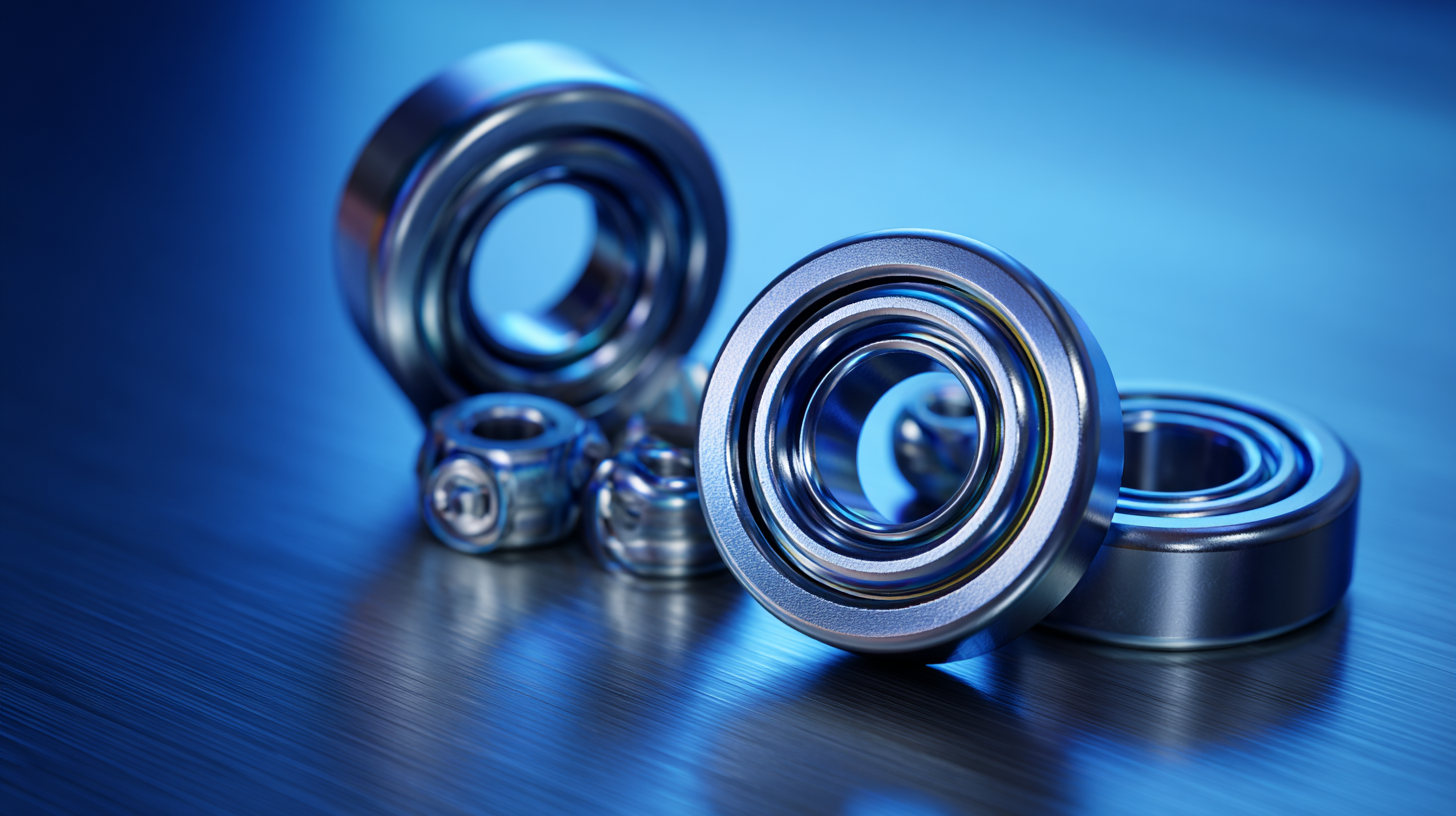
Furthermore, a study conducted by Research and Markets indicates that companies utilizing suppliers with stringent quality control measures, like those adhering to DIN standards, experience a 20% reduction in maintenance costs. As such, understanding the benefits of partnering with a certified DIN Standard Bearings Supplier can significantly impact an organization’s success in achieving operational excellence and maintaining a competitive edge.
Understanding the Role of DIN Standards in Bearing Quality Assurance
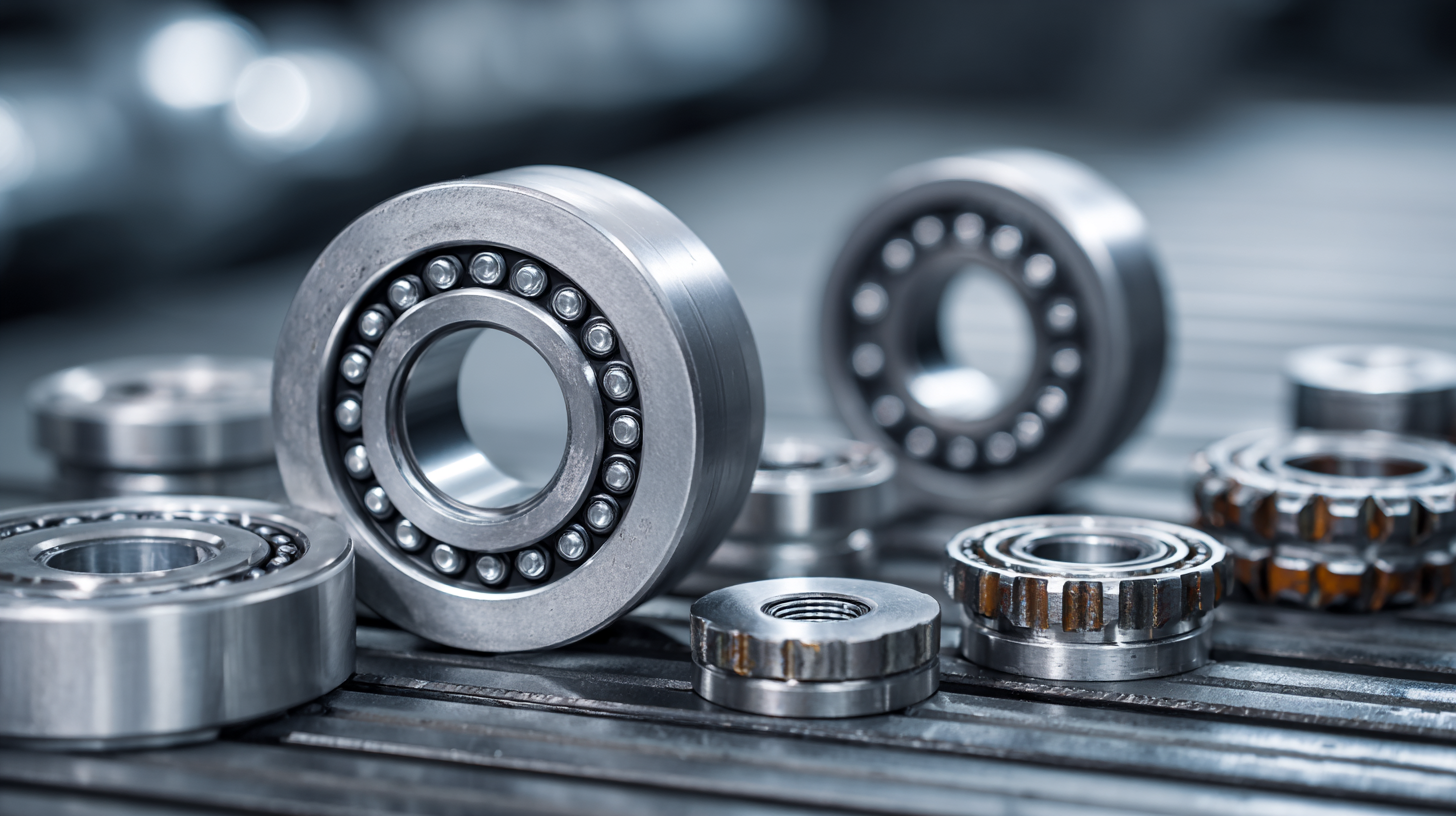 DIN standards play a crucial role in ensuring the quality and reliability of bearings across various applications. Established by the Deutsches Institut für Normung (DIN), these standards provide a comprehensive framework for design, manufacturing, and testing processes. According to a report by the International Organization for Standardization (ISO), using standardized components can increase the lifecycle of machines by up to 30%, significantly reducing downtime and maintenance costs. This is critical for industries relying heavily on precision and performance, such as automotive and aerospace.
DIN standards play a crucial role in ensuring the quality and reliability of bearings across various applications. Established by the Deutsches Institut für Normung (DIN), these standards provide a comprehensive framework for design, manufacturing, and testing processes. According to a report by the International Organization for Standardization (ISO), using standardized components can increase the lifecycle of machines by up to 30%, significantly reducing downtime and maintenance costs. This is critical for industries relying heavily on precision and performance, such as automotive and aerospace.
Choosing a reliable DIN standard bearings supplier not only guarantees high-quality products but also enhances operational efficiency. Suppliers adhering to these standards are more likely to implement rigorous quality assurance measures, ensuring that their products meet operational specifications consistently. A recent survey from the Bearing Industry Manufacturers Association (BIMMA) indicates that over 60% of industries reported a significant reduction in defect rates when sourcing bearings from DIN-certified suppliers.
Tips: When selecting a DIN standard bearings supplier, always verify their certifications and quality control processes. Investing in suppliers with a proven track record can provide long-term savings. Additionally, consider suppliers who offer comprehensive documentation and support to facilitate compliance and integration into your existing systems.
Key Benefits of Partnering with a Trusted DIN Bearings Supplier
Partnering with a trusted DIN bearings supplier offers numerous key benefits that can significantly enhance the efficiency and reliability of your operations. One of the primary advantages is access to high-quality products that meet rigorous DIN standards. Such suppliers ensure that their bearings undergo stringent testing and quality control processes, which results in reduced failure rates and longer service life. This reliable product performance leads to lower maintenance costs and minimizes downtime, allowing businesses to maintain productivity without interruptions.
Another critical benefit is the supplier's expertise and industry knowledge. A reputable DIN bearings supplier not only provides high-quality products but also offers valuable insights into selecting the right bearings for specific applications. Their experience can help customers navigate complex requirements, ensuring optimal performance in their machinery. Additionally, trusted suppliers often have strong relationships with manufacturers, which can lead to better pricing and availability of parts, aiding in efficient project management and supply chain optimization. By prioritizing a partnership with a reliable DIN bearings supplier, businesses position themselves for long-term success and stability in a competitive market.
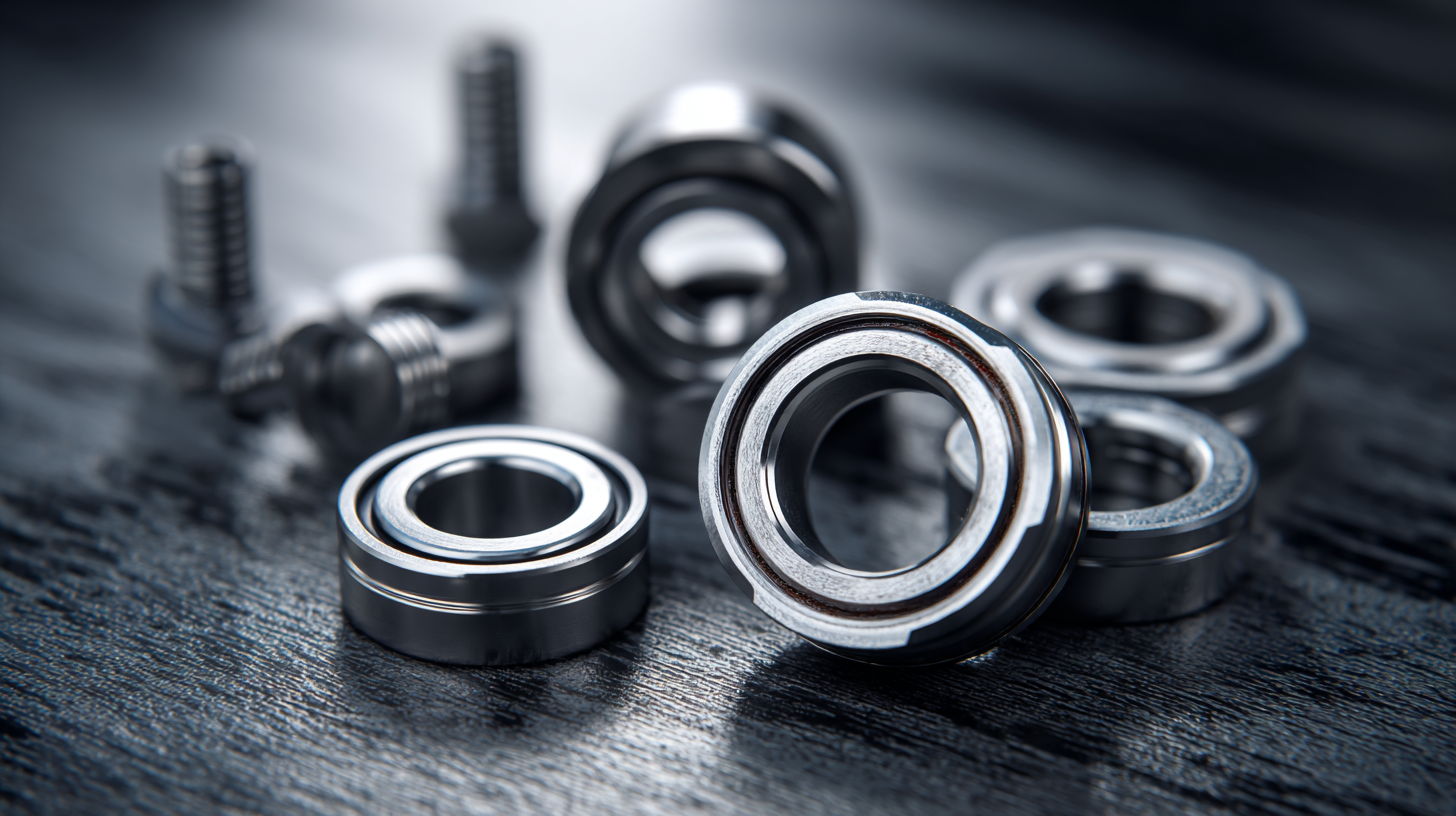
Evaluating Supplier Reliability: Key Criteria for Selection
When selecting a reliable DIN standard bearings supplier, evaluating the supplier's reliability is paramount. One key criterion is the supplier's experience and reputation in the industry. A supplier with a long-standing history and positive reviews from previous customers demonstrates their ability to deliver quality products consistently. It is crucial to assess their track record for meeting delivery timelines and maintaining product quality, as these factors significantly impact production schedules and operational efficiency.
Another important factor to consider is the supplier's quality assurance practices. A reputable supplier should adhere to stringent quality control measures and possess relevant certifications that validate their commitment to high standards. This includes conducting regular testing and inspections of their bearings to ensure compliance with DIN standards. Additionally, responsive customer support and a willingness to engage in transparent communication can further enhance trust in the supplier, making it easier to address any issues that may arise during the procurement process. Choosing a supplier that ticks these boxes can lead to long-term partnerships that benefit both parties.
Cost vs. Quality: Why Choosing the Right Supplier Matters
When considering the right supplier for DIN standard bearings, the balance between cost and quality is essential. A reliable supplier not only provides high-quality products but also ensures that their offerings align with the latest trends in sustainability and supply chain management. Choosing the right supplier can enhance operational efficiency, reduce risks associated with sustainability factors, and foster stronger relationships within your supply chain.
Tips for selecting the right bearings supplier include evaluating their sourcing strategies. Consider local suppliers who prioritize strategic sourcing, as they can often provide faster response times and support local economies. Additionally, assess their commitment to sustainability in their manufacturing processes, as this practice is increasingly important to consumers and can differentiate your brand in a competitive market.
Furthermore, prioritize suppliers with a proven track record of quality control and customer support. Engaging with suppliers who use digital twin technology or similar innovations can also enhance your understanding of potential risks and aid in better decision-making. By focusing on these aspects, businesses can ensure they are not just cost-effective but also aligned with the evolving demands of the marketplace.
Exploring the Cost vs. Quality in DIN Standard Bearings Suppliers
This chart illustrates the comparison between cost and quality ratings from various suppliers of DIN standard bearings. Quality ratings are assessed based on material durability, precision, and reliability, while costs reflect average pricing for each supplier.
Impact of Supplier Choices on Long-Term Operational Efficiency
Choosing a reliable DIN standard bearings supplier is crucial for businesses aiming to enhance their long-term operational efficiency. The selection of a supplier not only affects the initial costs but significantly impacts the overall performance and longevity of equipment. High-quality bearings from a trusted vendor reduce the likelihood of machinery failures and downtime, which can be detrimental to production schedules. Moreover, reliable suppliers provide consistent product quality, ensuring that the bearings meet the necessary specifications and standards for various applications.
Furthermore, working with a dependable supplier fosters stronger partnerships characterized by effective communication and support. A supplier who understands the specific needs of a business can offer tailored solutions, contributing to improved inventory management and reduced lead times. This synergy allows companies to operate more smoothly and respond quickly to changing demands. Ultimately, the right supplier choice can lead to increased productivity, reduced maintenance costs, and sustained competitive advantage in the marketplace.

Home
Products
Industrial Bearings
Deep Groove Ball Bearings
Self-Aligning Ball Bearings
Angular Contact Ball Bearings
Cylindrical Roller Bearings
Taper Roller Bearings
Spherical Roller Bearings
Bearing housing or Accessories
Miniature Bearing
Thrust ball bearing
Radial Spherical Plain Bearing
Pillow Block Bearing
Needle Roller Bearings
Automotive Bearings
Agricultural Bearings
Special Material Bearings
Industry Application
About Us
News
Contact Us









